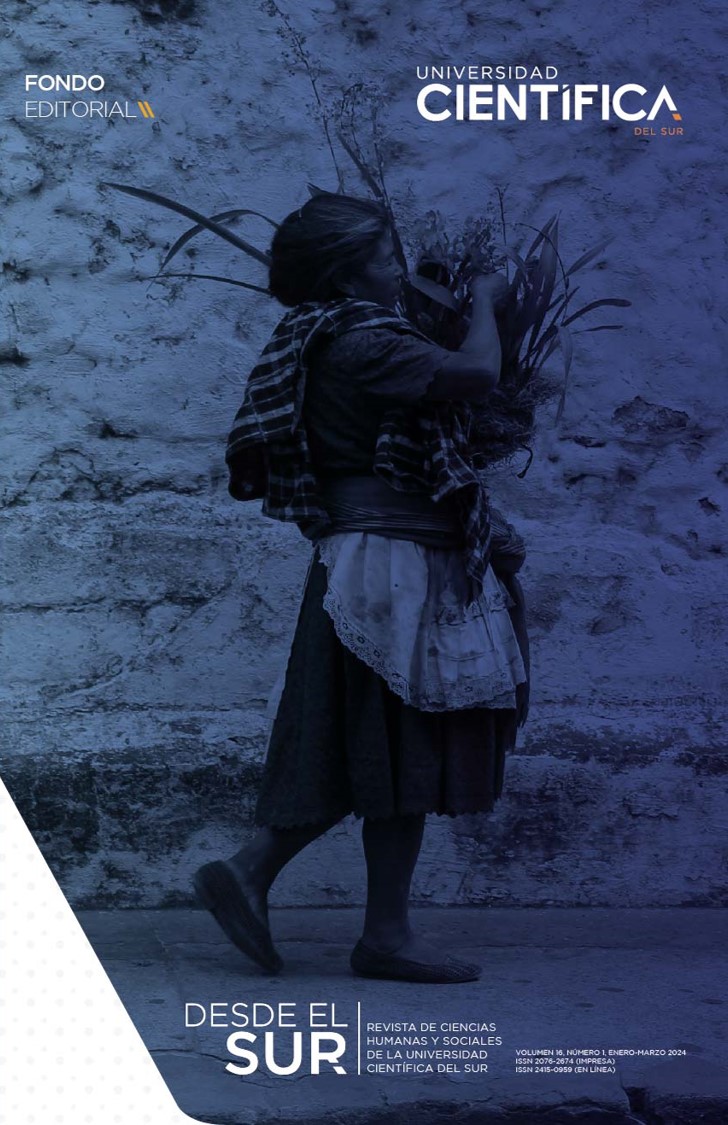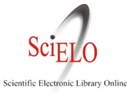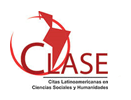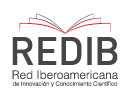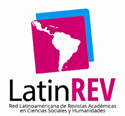Solo en la encrucijada soy un centro. Experiences of creative writing
An autoethnographic glimpse
DOI:
https://doi.org/10.21142/DES-1601-2024-0008Keywords:
experience, creative writing, model, autoetnographyAbstract
The text highlights the versatility and purposes of creative writing as a means to recreate experiences, explore emotions, providing perspective and meaning to the written reality, through a creative writing workshop experience that emerged as a result of the COVID-19 pandemic lockdown in 2020; an experience that served therapeutic purposes for the participants, also glimpsing an autoethnographic experience for their facilitator. The aim is to emphasize the practice of creative writing, using literary, psychological techniques and tools to stimulate the transformation of an idea into a sensation and then into a narrative. The text finally points out that writing is a form of personal and social affirmation. Creative writing is a useful mechanism for recognizing sensitivity, giving rise to a multiplicity of voices and perspectives in creation beyond classifications in genres or discursive typifications.
Downloads
References
Augé, M. (2001). Ficciones de fin de siglo. Gedisa.
Barthes, R. (1994). El susurro del lenguaje. Más allá de la palabra y de la escritura. (2.ª ed.). Paidós.
Cortázar, J. (1980). The literature of Julio Cortázar: The University of California/Berkeley, 1980 Lectures. Farrar, Straus and Giroux.
Frankl, V. (2020). El hombre en busca de sentido. (3.ª ed.). Herder.
Green, K. (1990). Night Angel. Fontana Books.
Greimas, A. J. y Fontanille, J. (1994). Semiótica de las pasiones. De los estados de cosas a los estados de ánimo. Siglo XXI Editores.
Ellis, C., Adams, T. y Bochner, A. (2015). Autoetnografía: Un panorama. Astrolabio, Nueva Época, (14), 249-273. https://revistas.unc.edu.ar/index.php/astrolabio/article/view/11626/12041
Kohan, S. (2016). Autoficción. Escribe tu vida real o novelada. Alba Editorial.
Kristeva, J. (1970). La productividad llamada texto. En Varios autores, Lo verosímil (pp. 63-93). Tiempo Contemporáneo
Márquez, V. (2020) (Comp.). Solo en la encrucijada soy un centro. Fundación Editorial El Perro y la Rana.
Ribeiro, D. (2019). Breves reflexiones sobre lugar de enunciación. Relaciones Internacionales, (39), 13-18.
Ricoeur, P. (1995). Tiempo y narración. Configuración del tiempo en el relato histórico. I. Siglo XXI Editores.
Richardson, L. (2000/2019). Evaluar la etnografía. En S. Bérnard Calva, Autoetnografía. Una metodología cualitativa. Universidad Autónoma de Aguas Calientes y El Colegio de San Luis.
Downloads
Published
Issue
Section
License

Esta obra está bajo una licencia http://creativecommons.org/licenses/by-nc-sa/4.0/

